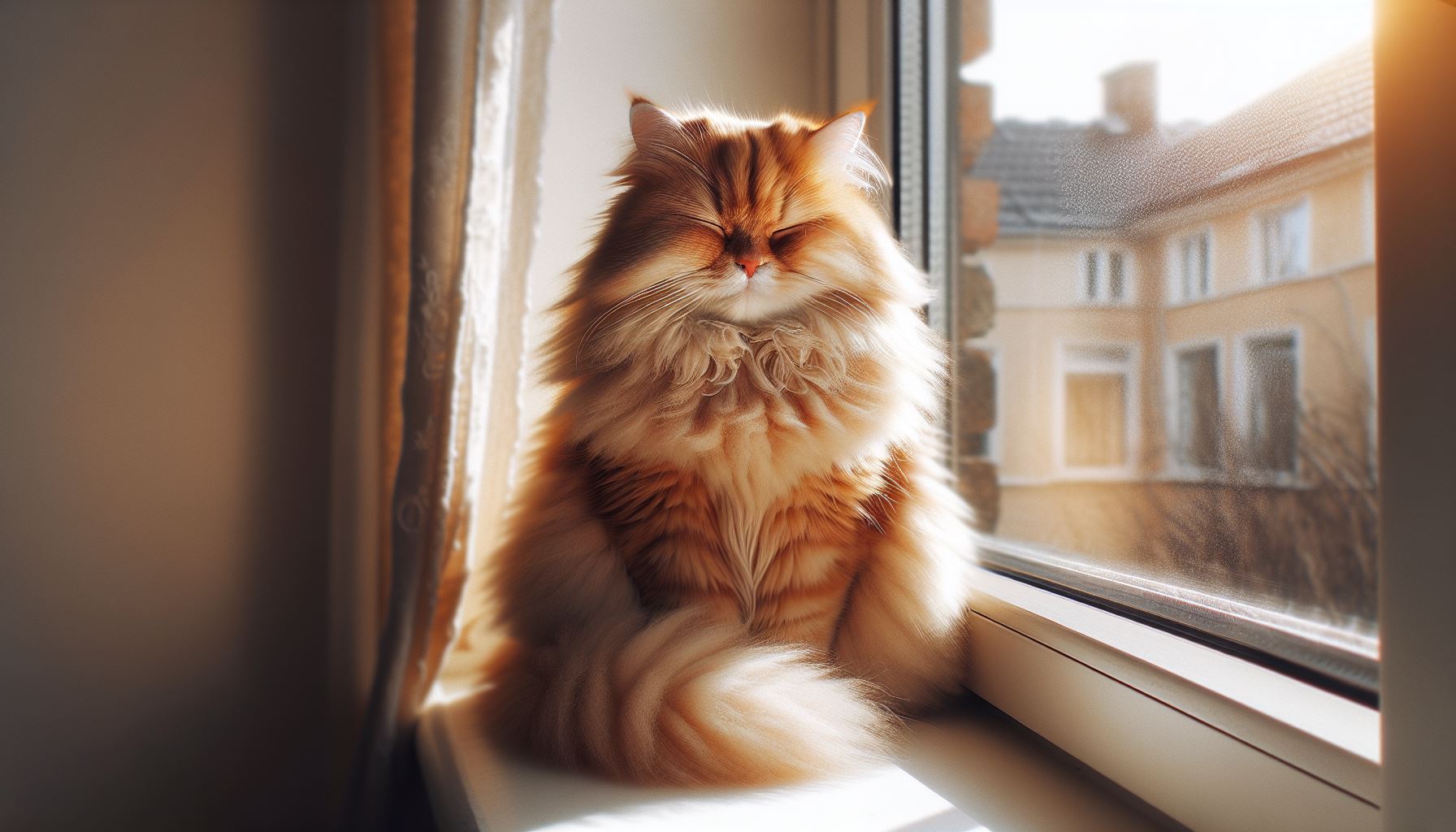Understanding the reasons behind your cat not purring is a key part of deciphering your feline friend’s behavior. It’s a bit like uncovering a secret code to their well-being and connection with you. Cats have this whole dictionary of ways to show how they’re feeling, and when you notice your cat not purring, it’s like a little signal they’re sending. Delving into why they might not be purring can reveal a lot about their mood, health, and how they perceive their environment, deepening your understanding and bond with your beloved pet
Content
ToggleIn this post, we’ll explore some of the reasons why your fluffy companion might be silent when you expect that soothing rumble, and what you can do to address the silence. Whether it’s due to health concerns or simply a matter of demeanor, there are steps you can take to ensure your furry friend feels their best.

Reasons Of Cat Not Purring
1. Health Issues
If your cat isn’t purring, it could be a red flag indicating they might be having health problems. There are several reasons why a cat might stop purring, and health issues are a common cause. Things like respiratory conditions or throat problems can affect their purring ability. Sometimes, it’s the little things too, like changes in how much they eat or play. Paying attention to these subtle shifts in behavior can offer clues that something might not be quite right with your feline friend’s health
Common health conditions to consider:
- Dental pain
- Throat or mouth diseases
- Respiratory infections
2. Breed Characteristics
Not all felines are purr machines. Some breeds, like the stoic Russian Blue or the independent Nebelung, might not be as prone to purring as others.
Understanding breed-specific behaviors:
- Research your cat’s breed to understand their typical behaviors
- Regular interaction can often bring out more vocal expressions, even in quieter breeds
3. Stress and Anxiety
Cats are sensitive to their environment. Any changes, such as moving furniture or introducing new pets, can cause stress, leading to a cat not purring.
Techniques to reduce stress in cats:
- Keep changes in their environment to a minimum
- Provide quiet hiding places or retreats
4. Age-related Factors
As cats grow older, they might not purr as much as they used to. This is natural and can be a sign of just slowing down a bit.
Senior cat care considerations:
- Regular vet check-ups
- Comfortable resting areas and easy-to-access essentials
5. Natural Communication
Surprisingly, silence doesn’t always signify distress. Cats also communicate through silence, especially in the presence of their human companions. They might simply choose not to purr at certain times.
Solutions and Tips
Veterinarian Consultation
If your cat is not purring and displaying other concerning signs, a trip to the vet can pinpoint any underlying health issues.
Providing a Stress-free Environment
Create a calm atmosphere by maintaining a routine and offering escape routes in multi-animal households.
Interactive Play and Bonding
Dedicate time every day to interacting with your cat through play or gentle petting sessions.
Comfortable and Enriching Living Space
Ensure your cat has a comfortable bed, stimulating toys, and perches or window sills to observe the outside world.
Regular Grooming and Socialization
Brush your cat regularly to bond and keep their coat healthy and encourage social interaction both with humans and other benign animals.
Conclusion
By understanding the potential reasons behind a cat not purring and taking proactive steps to address these issues, you can help ensure your pet’s happiness and health. From regular veterinary check-ups to creating a nurturing environment, there’s plenty you can do to foster a deeper connection with your cat.
Always remember: each cat is unique, and their behaviors will vary. Keep a keen eye on your cat’s behavior, monitor changes, and stay attuned to their needs. With love and attention, your silent companion might just start purring once more, sharing that blissful melody that all cat owners cherish.


